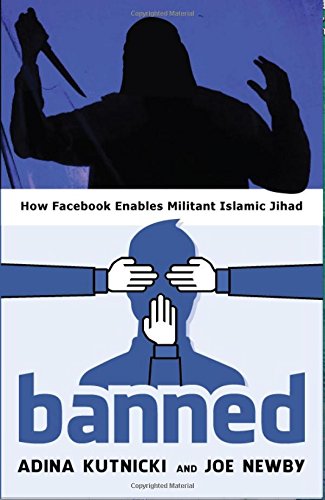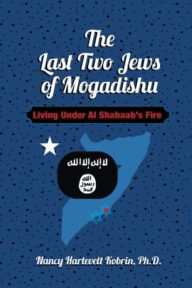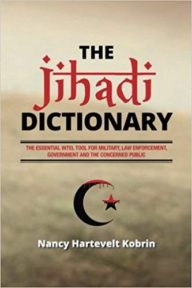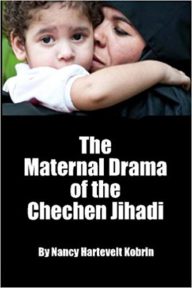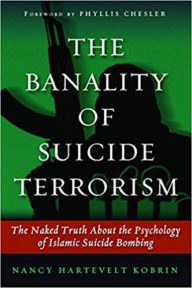Primer to Islamic Scripture & Doctrine
It is the duty of every Muslim, man, woman, or child, to read the Quran and understand it according to his own capacity. If any one of us attains to some knowledge or understanding of it by study, contemplation, and the test of life, both outward and inward, it is his duty, according to his capacity, to instruct others, and share with them the joy and peace which result from contact with the spiritual world.”
A. Yūsuf ‘Alī
The above quotation by Abdullāh Yūsuf ‘Alī — a renowned Islamic scholar, translator, and commentator — stresses the significance of Qur’anic study in Islamic life. Muslims believe the Qur’an is the immutable, eternal words and instructions of Allah and the most sacred of all Islamic scripture. According to Islamic tradition, it was revealed directly from Allah to Muhammad — the greatest, most revered Muslim prophet ever — whose life and behavior Muslims aspire to emulate as their quintessential example.
The second most important Islamic text is the Hadith, which contains the sayings, actions, and deeds of Muhammad, as well as some of his companions. The third most important is the Sira, a biography of Muhammad’s life that, like the Qur’an, was compiled posthumously.
We have provided links to and information about the Qur’an and Hadith here, as well as to Reliance of the Traveller, which informs Muslims on Islamic law known as Sharia. We also provide links at the end to access information on Muhammad’s bibliography.
The Qur’an
The Qur’an is comprised of 114 chapters called “Suras.” A verse is called an “ayat,” but its chapters or suras are not in chronological order. Muslims subscribe to “abrogation,” a theory often applied to reconcile numerous contradictions and inconsistencies throughout the Qur’an. Abrogation relegates earlier verses as insubordinate to the more recent ones, particularly where conflicts exist. In other words, that which occurred or was said and done last takes precedent over that which came first. This is a problematic concept to some critics, given that the Qur’an is said to be the immutable word of Allah and, if true, would not and should not change.
Either way, aside from the Hadith, there is no definitive way to distinguish the actual chronology. As pointed out by The Religion of Peace, there is no longer a central authority in Islam and,
[d]espite the internal claim that it [the Qur’an] is ‘perfectly arranged’, the Suras are not in chronological or thematic sequence, but sorted simply by general size, with the larger appearing first. As such, there is no logical continuity or transition between chapters – and precious little within. . . .
“The Quran is almost incomprehensible in and of itself due to the piecemeal way in which it was compiled.”
Meanwhile, in its introduction to the Qur’an, the Prophet of Doom website describes it as an “incoherent mess” that is “jumbled, and devoid of circumstance, place, time, and chronological order.”
Still, the Qur’an can be broken down into two major periods: Muhammad’s life in Mecca and then in Medina. The first part of his life in Medina is peaceful, more closely resembling Judeo-Christian traditions and values, and the second, once the Muslims had achieved power in Medina, is wrought with violence and violent commands.
The Religion of Peace differentiates Islam from other major religions by its treatment and values surrounding non-Muslims versus practicing Muslims, concluding,
Most of the Quran is about unbelievers and much of this is devoted to their earthly or divine punishment. People of other religions are said to be ‘cursed by Allah.’ . . .
. . . [T]he Quran does not contain a single original moral value. However, it is the only major religion to do away with the rule of general benevolence found in all others . . . Instead of advocating universal love and charity, the Quran distinguishes between believers and unbelievers, drawing a sharp distinction in the value of each group and laying the foundation for discrimination and dehumanization.”
Both The Religion of Peace and Prophet of Doom provide brief and concise introductions to the Qur’an, which we highly recommend reading for the proper foundation before delving deeper. Both also provide on their websites widely accepted translations of the Qur’an and advise against those that whitewash the content and context, corrupting and sanitizing them to appeal to a western, more modern audience.
The Religion of Peace recommends and presents the Noble Qur’an by Khan as the easiest to access and close to the original Arabic text.
READ THE NOBLE QUR’AN ONLINEAt The Religion of Peace
Read Yusuf Ali’s Quran Translation Here or Download It Below
Download “The Meaning of the Noble Qur’an”COMMENTARY BY YUSUF ALI
Prophet of Doom takes it even further, presenting and combining side by side five (5) of the most widely accepted and respected English translations by Muslims: translations by Ahmed Ali, Pickthal, Yusuf Ali, who is cited above, and Shakir. As explained on its website,
Prophet of Doom presents the Qur’an in chronological order and in the context of Muhammad’s life as it is known through Ishaq’s Sira (Biography) and Tabari’s Ta’rikh (History). There is no better way to understand Islam’s lone prophet, his god, their message, or their purpose— especially since the Qur’an itself is a jumbled and incoherent mess.
The translation presented in Prophet of Doom was a blend of the literal Noble Qur’an by Khan (the one found in most American mosques), and English translations by Ahmed Ali, Pickthal, Yusuf Ali, and Shakir. Collectively, these represent the five most respected and universally accepted Muslim translations of Allah’s book.”
Below is the Prophet of Doom’s “Parallel Qur’an Translations,” immediately followed by a link to download the 114 chapters/Suras.
The Hadith
As noted above, the Hadith is a narrative that consists of the words and deeds of the Islamic prophet Muhammad, as well as those of some of his companions. It is essential to comprehending Qur’anic context and passages.
Sahih Al Bukhari (Translated by Muhammad Muhsin Khan)
Volume 1 Volume 2 Volume 3 Volume 4 Volume 5 Volume 6Reliance of the Traveller (عمدة السالك وعدة الناسك) by Ahmad Ibn Naqib Al Misri English Arabic
This provides Muslims with the basis for Islamic observance. It is the foremost source of Islamic Jurisprudence (“Fiqh”) known as Sharia Law, which covers all aspects of Muslim life.
Play the audio version from here below ↓
Click on the button below to access various dowloadable formats ↓
Other notable sources include:
- Tafsir ibn Kathir, which is one of the most highly regarded commentaries on the Qur’an
- Sahih Bukhari, Sahih Muslim, Maliks Muwatta, Shama-il Tirmidhi, Abu Dawud, and Fiqh-us Sunnah, which are widely accepted English translations of the Hadith
- Ibn Ishaq’s Sirat Rasul Allah – The Life of Muhammad, translated by A. Guillaume
- “Life of Muhammad” by The Religion of Peace
- Prophet of Doom by Craig Winn
- The Life of Muhammad: The Sira by Bill Warner, Ph.D., Center for the Study of Political Islam
- Pot Calls Kettle Black: Joe Biden, the Smartest Dude in Town, Says Unvaccinated Federal Employees are Not So Smart, and Doocy Asks a Doozy of a Question (Videos) - 07/30/2021
- VIDEO: Whistleblower Exposes Google as Acting as a ‘Foreign Intelligence Propaganda Outlet’ - 07/23/2021
- House Speaker Pelosi Strikes Down Minority Leader McCarthy’s GOP Picks for January 6 Committee - 07/23/2021
